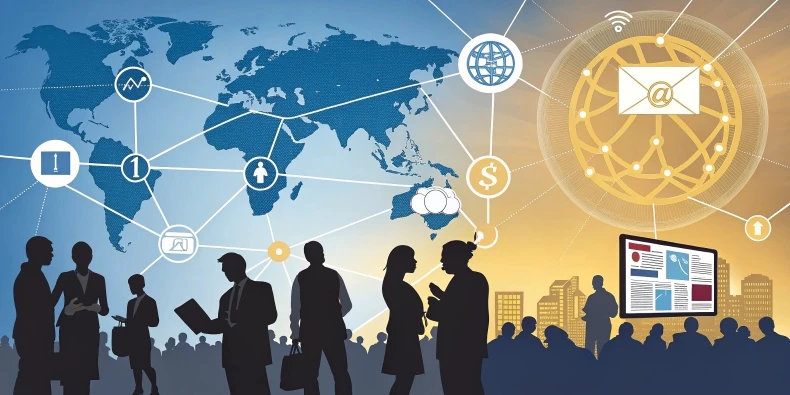
How public opinion influences individuals
Discover how public opinion shapes human behavior and decisions, and learn strategies to resist societal manipulations effectively.
Author:
Bogdan Kravets
6 мин

